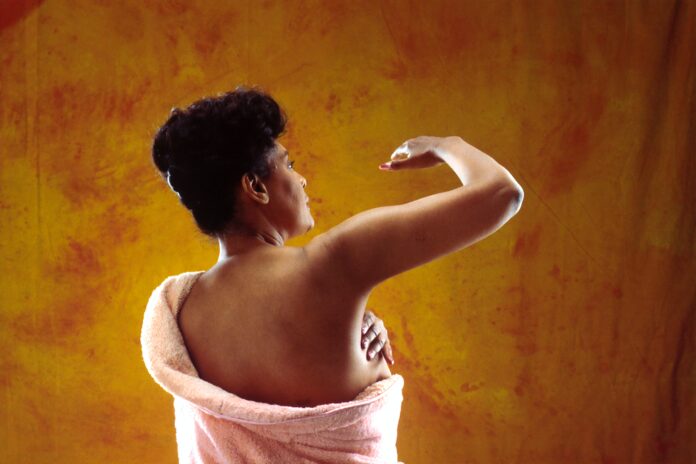October is Breast Cancer Awareness Month. Breast cancer can be a scary disease. It affects women at every age, however new treatments are starting to see results. We are gaining on the fight against cancer but it’s still important to know if you’re at risk.
Women, especially, are at risk due their reproductive cycles. Women that have menopause after 55 years old are also at special risk. Their hormones are imbalanced which makes their reproductive organs also at risk. Likewise, not being sexually active could put you at risk for breast cancer, as bodies can build up estrogen and impacts hormone regulation.
A sedentary lifestyle is also a factor. Move your body and burn calories. Experts suggest you move your body at least 30 minutes each day. Match your exercise by what fits you best. If you like to be outdoors, go for a walk or jog. Those with gym memberships could strength train on weight machines. Likewise, a poor diet could affect your risk of breast cancer. Eating too much fat or sugar is a factor in many types of cancer Eat a diet that is rich in protein, fruits, vegetables and lean meats. Eat salmon, walnuts, lean turkey, or chicken. Foods that have potassium, omega 3 and vitamins are all going to be superfoods for your body. Many are cancer fighting foods that will prevent cancer altogether.
Gender and age also play a role in breast cancer. Most breast cancer patients are women. There are, however, over two thousand men who encounter the illness each year. There may be more, but often men are too embarrassed to seek treatment with their illness. Breast cancer normally strikes individuals that are close to or in their senior years, with many patients being 60+, but this is not always the case. Many have gotten breast cancer in their 30s or 40s.
Finally, heavy drinking puts you at risk for breast cancer. Alcohol inflames the body. It breaks down the DNA, making it much harder for it to repair itself. Similarly, too much drinking can break down the immune system. When this happens, your body is more welcoming to allowing bacteria to attack cells. This is how breast cancer forms and why you should take preventative steps to stop it.
Story Credit: [email protected]
Photo Credit: National Cancer Institute/Unsplash.com



































